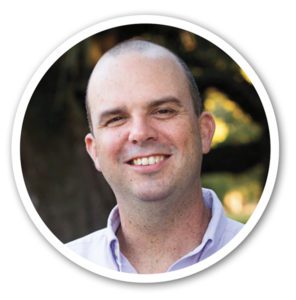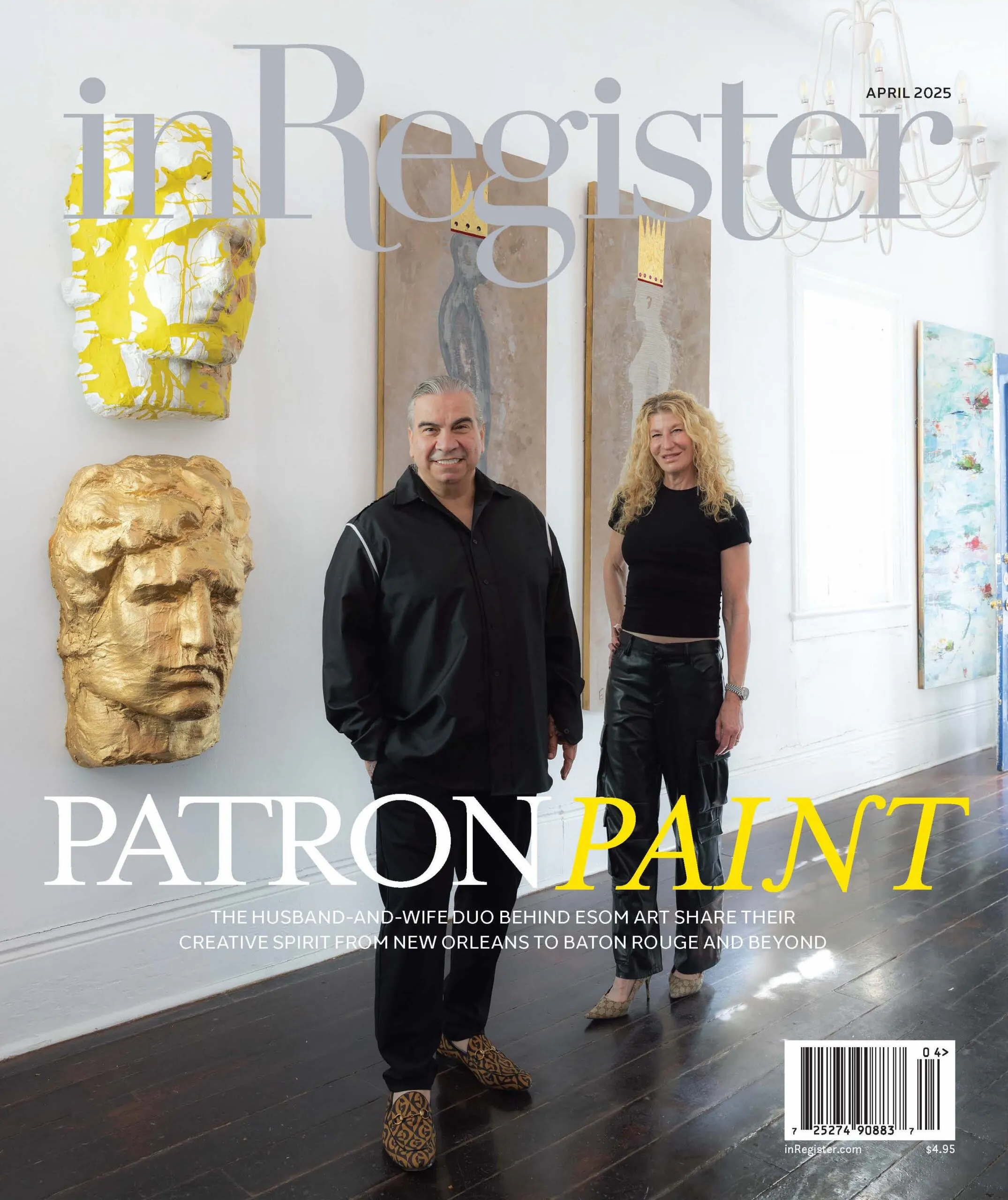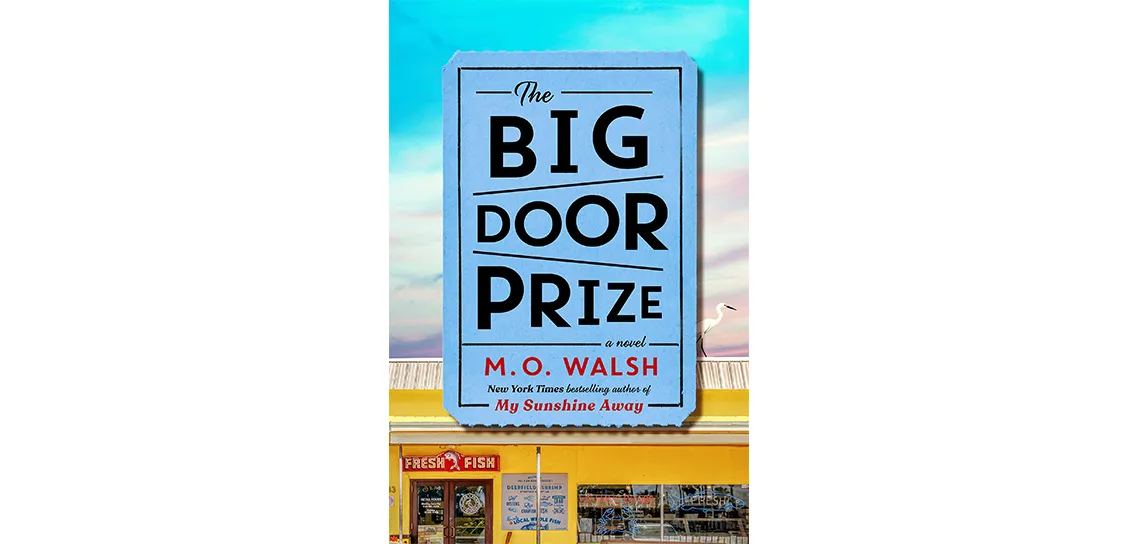Off the page: ‘The Big Door Prize’

If readers remember the name M.O. Walsh, they likely remember it from the author’s 2015 breakout hit, My Sunshine Away, the Baton Rouge-set, New York Times best-selling suburban bildungsroman about a recounted crime of an adolescent summer. Walsh’s newest novel, The Big Door Prize, takes a slightly different turn. Mostly. Although set once more in the woodsy, workaday neighborhoods of his home state—this time in the fictional hamlet of Deerfield, Louisiana—and bearing all the cultural and technological trappings of contemporary life, Walsh’s story nonetheless feels separate from time and place, spurred by one unexpected addition to the plot: the Deerfield grocery store’s purchase of a DNAMIX machine, a mysterious device claiming to interpret users’ DNA to reveal their “true potential.”
As various townsfolk begin shirking their old lives to prepare for futures as cowboys, monarchs and Nobel Prize winners, the science fiction of the DNAMIX machine fades into the background as Walsh focuses on his more pertinent interests: the characters themselves. Naming each chapter after a lyric from a John Prine song (fans may also recognize the novel’s title from Prine’s 1999 hit “In Spite of Ourselves”), Walsh hones in on various perspectives, from a middle-aged married couple second-guessing their contentment, to a high schooler caught up in the drama surrounding his twin brother’s death, to a priest balancing his parish with de facto parenthood. Yes, there’s a crime committed. Yes, there’s teenage angst aplenty. Whose adult life hasn’t been impacted by the latent chaos of youth? But the central theme plays on most fervently for those whose lives seem, on the surface, most ordinary. A grocery list can spur an existential crisis. An Internet chat room opens unfamiliar doors. A cell phone photograph alters loyalties in an instant.
Fantasy fans may feel misled by the novel’s paranormal premise, true, but the small-town shenanigans still manage to converge into a question big enough to pique any philosopher’s interest: How do we know if we’ve made the right choices?
Perhaps the croonings of John Prine are enough to settle the mind on that matter. After all, it’s hard to stay cynical about any future where “There won’t be nothin’ but big old hearts dancin’ in our eyes.”












